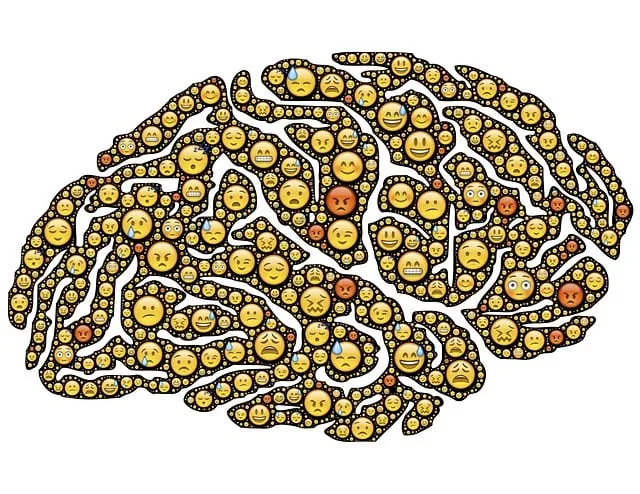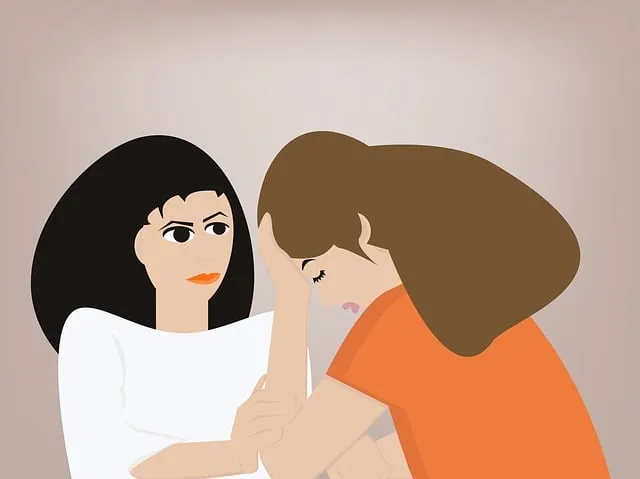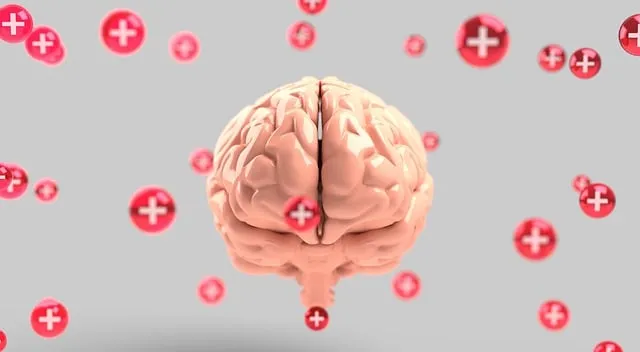Mental Health Crisis Hotlines, like those available from Kaiser in Longmont, provide 24/7 support for acute emotional distress, offering confidential conversations with trained professionals who can assess situations, offer coping techniques, and connect callers to appropriate resources, including inpatient care. Kaiser's Longmont Inpatient Mental Health Services specialize in treating severe crises related to depression, anxiety, psychotic disorders, and substance use disorders, focusing on intensive therapy, group support, and evidence-based practices. Early identification of a mental health crisis is crucial; signs include intense emotions, suicidal thoughts, or sudden behavioral changes. Emergency situations require immediate contact with hotlines for guidance and assistance. Post-crisis, Kaiser offers comprehensive long-term recovery support through outpatient therapy, support groups, and holistic well-being initiatives.
In today’s fast-paced world, mental health crisis hotline support services play a vital role in assisting individuals navigating turbulent times. This article explores the critical function of these hotlines, focusing on Longmont’s Kaiser Inpatient Mental Health Services as a prominent example. We’ll delve into when to reach out, the emergency response role, and post-crisis care options available. Understanding mental health crisis hotlines empowers folks to seek help promptly, ensuring access to resources that promote long-term wellness. Specifically, we’ll examine if Longmont’s Kaiser offers inpatient mental health services, providing a comprehensive guide for those in need.
- Understanding Mental Health Crisis Hotlines
- Longmont's Kaiser Inpatient Mental Health Services: An Overview
- When to Reach Out: Identifying Mental Health Crises
- The Role of Hotline Support in Emergency Situations
- Post-Crisis Care and Resources for Continued Wellness
Understanding Mental Health Crisis Hotlines

Mental Health Crisis Hotlines serve as vital resources for individuals experiencing acute emotional distress or a mental health crisis. These 24/7 services provide immediate support and guidance, often the first point of contact for those in need. They are designed to offer confidential conversations with trained professionals who can assess the situation, provide emotional regulation techniques, and connect callers to appropriate resources, including inpatient care if necessary, such as the services available at Kaiser in Longmont.
Understanding when to reach out is crucial for promoting emotional well-being. Crisis hotlines empower individuals by offering practical stress reduction methods and emotional support during challenging times. They play a significant role in preventing escalation, providing a safe space for individuals to express their feelings and concerns, and ensuring access to help without the need for an extensive search for suitable facilities, like inpatient mental health services within Kaiser Longmont.
Longmont's Kaiser Inpatient Mental Health Services: An Overview

In Longmont, Kaiser Inpatient Mental Health Services stand as a beacon of hope and support for individuals grappling with severe mental health crises. This specialized facility offers a range of services designed to stabilize and rehabilitate patients in a safe, controlled environment. Beyond acute care, Kaiser provides a comprehensive approach to mental wellness, integrating communication strategies and mental wellness coaching programs tailored to individual needs.
The inpatient program at Longmont’s Kaiser focuses on intensive treatment for conditions such as depression, anxiety disorders, psychotic disorders, and substance use disorders. Through individual therapy sessions, group support, and evidence-based practices, patients work closely with expert clinicians to develop coping mechanisms and enhance their overall mental wellness. With a strong emphasis on Depression Prevention, Kaiser aims to empower individuals to manage their mental health effectively, fostering resilience and promoting lasting recovery.
When to Reach Out: Identifying Mental Health Crises

Identifying a mental health crisis is crucial before reaching out for support. If you or someone close to you experiences intense emotions, persistent thoughts of death or suicide, or sudden changes in behavior, it might be a sign of an impending crisis. Longmont residents with Kaiser coverage have access to inpatient mental health services, providing immediate care during severe episodes. However, not all crises require hospitalization; many can be effectively managed through early intervention and at-home strategies.
Practicing mindfulness meditation and applying mind over matter principles can significantly aid in preventing depression and managing milder crises. Regular self-care routines, including exercise, adequate sleep, and healthy eating, are also essential tools for maintaining mental well-being. Recognizing the need for help is a courageous step; understanding when to reach out can ensure access to the appropriate resources, whether that’s through local hotlines or specialized healthcare services like Kaiser’s inpatient care.
The Role of Hotline Support in Emergency Situations

In emergency situations, mental health hotline support services play a crucial role in providing immediate assistance and guidance. These hotlines are often the first point of contact for individuals experiencing a crisis, offering a safe space to express their feelings and receive professional help. When someone is grappling with intense emotions, such as those associated with anxiety or a potential mental illness, access to timely support can be life-altering.
Hotline services like those available in Longmont through Kaiser (or similar providers) are designed to reduce the stigma surrounding mental illness by offering confidential and non-judgmental support. Trained professionals on these hotlines help individuals navigate their emotional regulation, providing strategies for anxiety relief and guiding them towards appropriate resources, including inpatient care if needed. This swift intervention can prevent situations from escalating, ensuring folks receive the necessary assistance without delay.
Post-Crisis Care and Resources for Continued Wellness

After a crisis is resolved, long-term support and care are crucial for maintaining mental health and preventing future episodes. While Kaiser in Longmont offers excellent acute care options for inpatient mental health services, including specialized units for different needs, ongoing recovery often requires a multifaceted approach. This includes access to resources that promote self-care practices and foster emotional intelligence, addressing any underlying mental illness stigma reduction efforts within the community.
Beyond inpatient care, individuals can benefit from outpatient therapy, support groups, and community programs focused on holistic well-being. Encouraging continued engagement in activities that enhance resilience and coping mechanisms is vital for sustained recovery. By combining professional interventions with personal practices like mindfulness, exercise, and social connections, individuals can navigate their mental health journeys effectively and cultivate a brighter outlook on life.
Mental health crisis hotline support services play a vital role in emergency situations, providing immediate assistance and guiding individuals towards appropriate care. As discussed, Longmont’s Kaiser Inpatient Mental Health Services offer specialized treatment for severe cases. Understanding when to reach out is crucial; identifying mental health crises early can prevent more serious issues. Post-crisis care and access to resources for continued wellness are essential to fostering recovery and long-term well-being. By utilizing these support services, individuals can navigate challenging times and emerge with enhanced resilience.






